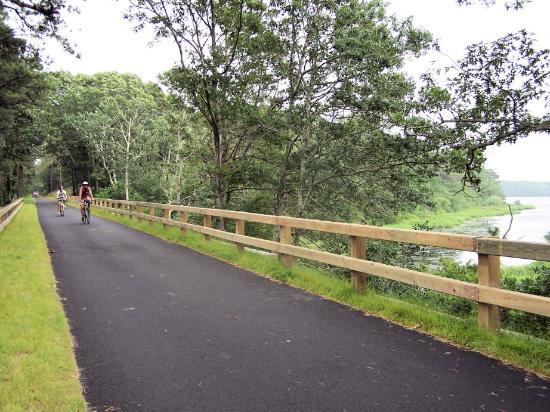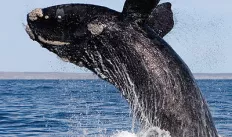News Flash:
Are you following the National Outer Continental Shelf Oil and Gas Leasing program proposed by the Bureau of Ocean Energy Management? Read the February 27, 2018 letter from Governor Baker commenting on this proposal.
The letter is co-signed by Rep. Seth Moulton, Sen. Edward Markey, Sen. Elizabeth Warren, Rep. Richard Neal, Rep. James McGovern, Rep. Michael Capuano, Rep. Stephen Lynch, Rep. Niki Tsongas, Rep. William Keating, Rep. Joseph Kennedy III, and Rep. Katherine Clark.
Protecting Our Vital Coastal and Freshwater Resources
We would not exist without water. The sea is reflected in our very blood, which has the same concentrations of chemicals as the seawater our distant ancestors evolved in. Our bodies are comprised of 60% water and each cell needs water to function. We could go several uncomfortable weeks without food but only a few days without water.
Healthy water is necessary for a healthy ecosystem. All living things require water. Assaults on freshwater and marine environments impact our interconnected world. Assaults include pollution, noise, physical hazards, limited living areas, and temperature change. Pollution such as trash, plastics, other contaminants adversely impact the environment in a myriad of ways. Noise pollution has a significant impact on animals that use sound to communicate and migrate. Marine animals face inadvertent injury by vessels. Limited living areas impact marine animals which need sufficient contiguous area for sustainable reproduction. A change in temperature can result in a habitat no longer being suitable for the organisms that live there.
The water cycle links the marine environment and freshwater. Seawater evaporates leading to rains which replenish our lakes, rivers, and streams which ultimately flow back to the sea. Stormwater runoff is the biggest environmental threat to marine environments in urban areas. Stormwater runoff impacts water quality because as it moves quickly over impermeable surfaces, such as driveways, roads and parking lots, it picks up harmful pollutants such as tar, oil, chemicals, as well as animal waste and excess nutrients such as phosphorous and nitrogen. An expected result of warming oceans and atmosphere is more severe weather events which increases the risk of floods, particularly in coastal areas.
 The Massachusetts Chapter and in particular our Cape and Islands Group, in cooperation with the Club’s national Marine Action Team, are working to ensure our vital coastal treasures are protected, and restored where possible.
The Massachusetts Chapter and in particular our Cape and Islands Group, in cooperation with the Club’s national Marine Action Team, are working to ensure our vital coastal treasures are protected, and restored where possible.
Whales are part of the heritage of New England. Their populations were greatly diminished by commercial whaling in the past. Efforts are underway to restore these populations and conserve their habitat, so that they can flourish, and we can continue to enjoy their seasonal presence in our waters. Read more here: Whales.

